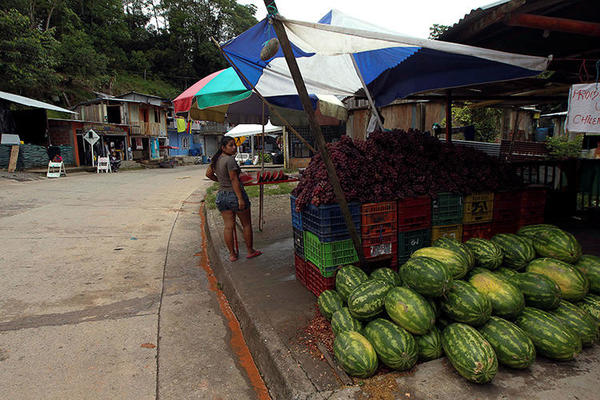New York, July 18, 2018–Colombian authorities should immediately investigate a series of threats against journalists and news outlets in recent days, ensure the journalists’ safety, and bring those responsible to justice, the Committee to Protect Journalists said today.
Magazine columnist María Jimena Duzán, newspaper reporter Jineth Bedoya, the staff of independent online news outlet La Silla Vacía, and three reporters for national radio station RCN Radio received threats within a 72-hour period beginning July 14, according to the Bogotá-based Foundation for Press Freedom (FLIP). The threats included phone calls, Twitter posts encouraging violence against the reporters, and a pamphlet attributed to an armed group calling itself Las Águilas Negras that named Bedoya and La Silla Vacía‘s reporters as “military objectives.”
This wave of threats comes as President-elect Iván Duque is set to take office in August, following his victory in June’s elections. Duque campaigned on a platform critical of the outgoing president’s peace negotiations with Colombia’s largest leftist guerrilla group.
“During this period of political transition in Colombia, authorities must take these threats to journalists seriously,” said CPJ Central and South America Program Coordinator Natalie Southwick. “We call on authorities to investigate the threats against Jineth Bedoya, María Jimena Duzán, La Silla Vacía, and RCN Radio, bring those responsible to justice, and ensure that all journalists can continue reporting safely at this critical time.”
On July 14, Las Águilas Negras circulated a statement via email and social media that described dozens of journalists, human rights defenders, and activists as guerrilla supporters and called for violence against them, according to FLIP. The names included Bedoya, a reporter for national newspaper El Tiempo who was kidnapped, raped, and tortured by paramilitaries in 2000; and reporters for La Silla Vacía, which extensively covered the peace negotiations between the Colombian government and the Revolutionary Armed Forces of Colombia (FARC) guerrilla group.
Duzán, an independent journalist and columnist for Colombian weekly magazine Semana, received an explicit death threat on Twitter on July 15 from the account @Gustavo68831299, according to FLIP and news reports. The threat, which Duzán re-tweeted from her own account, said she “should be raped, spit on, cut up with a chainsaw and hung in Bolívar square, bring honor to the paramilitaries.”
Duzán told CPJ that the Twitter threat was deleted minutes after it was posted and the user deactivated the account. She also told CPJ that she immediately contacted the attorney general’s office, which opened an investigation into the identity of the perpetrator. Duzán told CPJ that Colombian authorities had also contacted the U.S. Federal Bureau of Investigation (FBI) to get more information from Twitter about the account.
“If someone doesn’t report these threats, they will get retweeted and multiply, and the threats will become realities,” Duzán told CPJ.
On July 16, a man who identified himself as “Nini,” a member of the National Liberation Army (ELN) guerrilla group, called the RCN Radio studio while reporters Jorge Espinosa, Yolanda Ruiz, and Juan Pablo Latorre were discussing the earlier threats during the morning show, according to FLIP. The caller identified all three reporters by name and told the person who answered to “tell Espinosa he has 72 hours to shut his mouth and stop talking about these organizations.”
The ELN later that day issued a statement denying any connection with the call.
The attorney general’s office did not answer CPJ’s repeated calls seeking comment. Diego Mora, director of Colombia’s National Protection Unit (UNP), a government agency that guards people under threat, told W Radio that the government is “worried” about the increase in threats against the media and that the UNP was reviewing each case.
